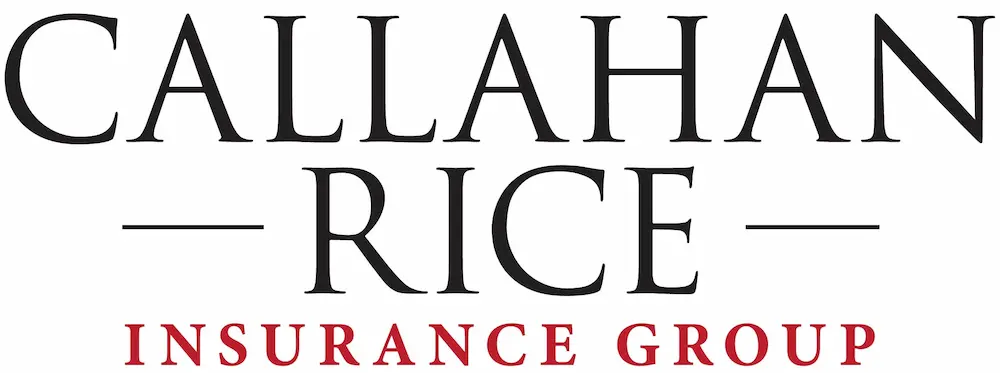
The “Zone of Special Danger” Doctrine.
Sounds slightly mysterious. And quite honestly, It is easily misunderstood.
If you’re like me you might be thinking, certain areas of the world that are war-torn or especially hostile must be designated by some authority as being a “zone of special danger.”
But what If I told you that your employee working overseas could simply be going for a swim and have coverage through your DBA Insurance policy under this doctrine?
Further, what if I told you that the zone of special danger had legal history and implications all the way up to the Supreme Court of the United States?
Here we go…
Zone of Special Danger Defined
Let’s catch up first.
DBA Insurance is essentially a workers compensation policy that covers your employees while working overseas.
And, workers compensation at its very core is all about protecting, often compensating, your employees if they are injured on the job while performing work you told them to do.
Simple right?!
Not really…
The Zone of Special Danger Doctrine essentially extends protection and compensation to employees while they are located internationally in a particularly dangerous place and injured through the course of normal life.
For example, let’s say you send employees to a base to perform work in Africa. The living quarters that you have arranged is the best you could find yet at best it badly needs a paint job and some TLC.
One evening, the structure partially collapses and badly injures your employee.
Due to the hazardous conditions that your employee found themselves in, because of your employment relationship, your DBA Insurance policy would step in.
Enter the US Supreme Court
There was a case heard by the Supreme Court in 1951that surrounded this guy named O’Leary.
O’Leary was working at a military base on the Island of Guam. One afternoon he was minding his own business at a recreational swimming facility near the base when he noticed another man struggling in perilously high seas located right next to the facility.
STOP.
I know what your thinking, why the heck was this guy passing up a perfectly good pool for a casual swim in the ocean!?
All I can surmise is adrenaline is a powerful motivation!
So, what happened?
Like all upstanding citizens, he dove in to attempt a rescue of this poor stranger.
Unfortunately, O’Leary never accomplished his mission and lost his life in the process.
The Supreme Court, in short, ruled that O’Leary (his family in this case) was able to recover compensation under the DBA policy.
They gathered that O’Leary’s employment placed him on the base in Guam and created a “zone of special danger” from which death resulted.
IMPORTANT NOTE: The Supremes for the first time indicated that no direct link between employment and injury or death was needed to active compensation under the insurance policy. Further, the employee didn’t even need to be doing his work.
O’Leary lost his life and changed legal precedent for decades to come.
Who is covered under this doctrine?
It should come as no surprise to you. Any employees that you send internationally to work are subject to the zone of special danger doctrine.
It matters not what the scope of work actually is. Your employee could be doing nothing but fielding phone calls from an office, get injured/killed while grabbing lunch on an off day, and receive benefit from your DBA policy.
Quick Note of Interest:
The US 9th Circuit Court of Appeals made a decision in July of 2017 which extended the zone of special danger doctrine further.
They ruled that “local nationals,” hired by a company under the legal obligation to comply with the Defense Base Act, would be afforded coverage under the DBA Insurance policy.
Yes.
Local people that you hire in the course of your work in foreign countries could potentially have coverage under your DBA policy.
So is the DBA policy limitless?
You might be thinking, it sounds like coverage applies everywhere.
Not really.
Though this is a very broad coverage from an insurance perspective, not all injuries will be covered through the zone of special danger.
Your employees cannot intentionally hurt themselves and be compensated.
Further, if the employee was found to be extremely reckless outside of his/her normal duties the courts have established justification to activate coverage depending on the facts of a case.
When in doubt, contact your attorney for further explanation on a given situation or general policy questions.
If you want to jump down a rabbit hole, Google legal cases surrounding DBA Insurance.
The Claim
Speaking of attorneys.
Much of the content in this article can be further researched through some very impressive legal offices here in the United States.
Quick recap:
The Zone of Special Danger can have major implications for your business.
If you haven’t caught on, the doctrine is NOT simply based on defined areas of the world. A zone of special danger can be just about anywhere depending on the situation and facts surrounding an incident.
We encourage you to do your own research in understanding your businesses responsibilities towards its employees.
If you would like more information about Callahan and Rice Insurance Group, please click the link below. A member of our team will reach out to answer your specific questions or get started on a DBA Insurance policy of your own.
Thanks for your time.
Be safe out there.
